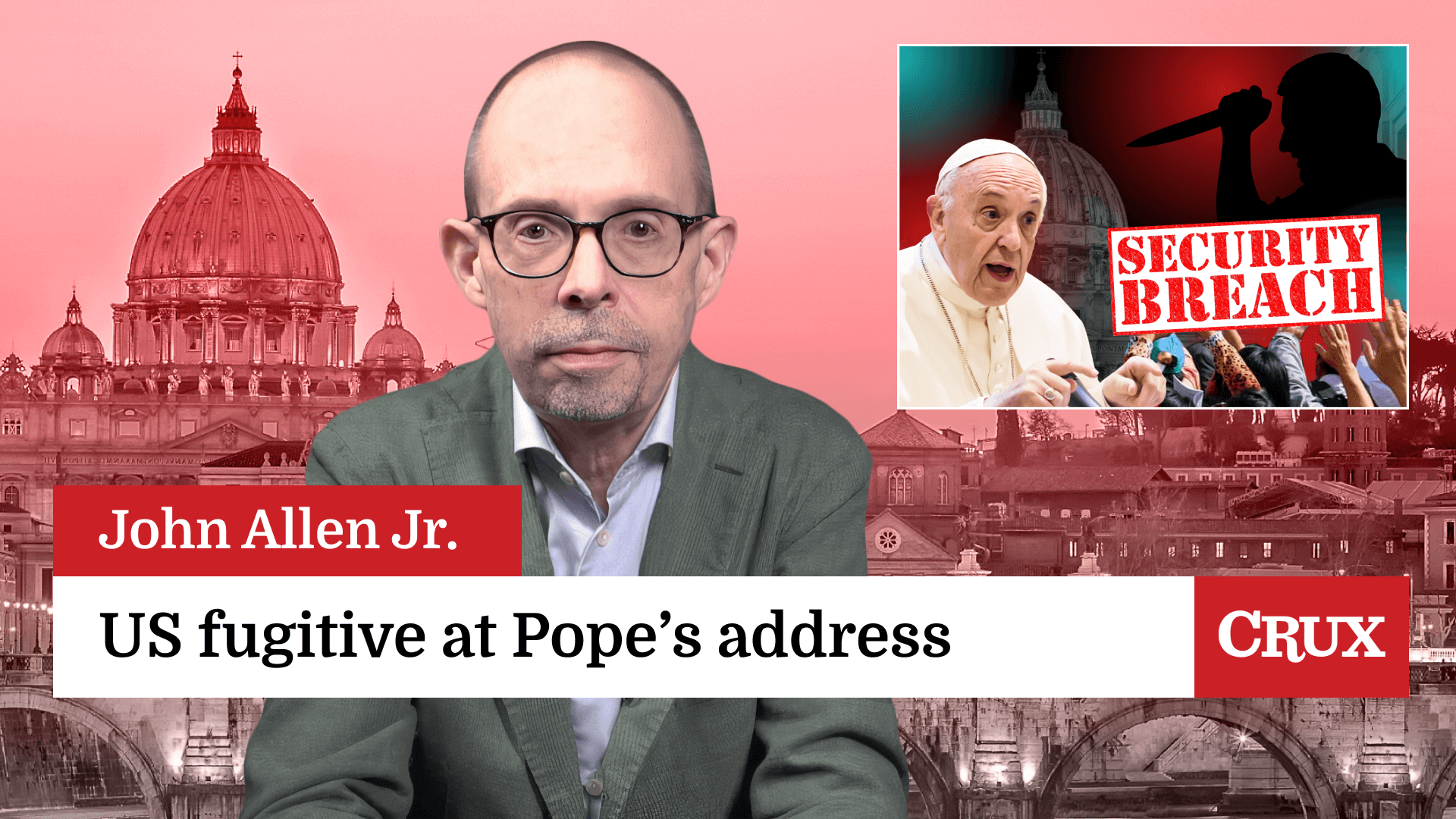SAN FRANCISCO — Archbishop Salvatore Cordileone faced hundreds of teachers from four Catholic high schools Friday for the first time since announcing his intent to include morality clauses in their handbook and labor contract, but did little to ease the anger and fear associated with the new language, teachers said.
A teacher could face punishment or dismissal for “escorting a woman into an abortion clinic, handing out contraception to students, or for being a member of a white supremacist group,” Cordileone said, according to a recording made by someone present during the question-and-answer session that followed a morning Mass for school staff. Media were barred from attending.
Gay marriage could also be grounds for dismissal, said Cordileone, head of an archdiocese that includes San Francisco, San Mateo, and Marin counties.
The sexual morality clauses outline Church teachings — including opposition to abortion, contraception, artificial insemination, and same-sex marriage — and the need for teachers to honor the Catholic beliefs in both their professional and private lives.
It’s about “making more explicit what our schools are called to uphold, even in the face of social pressure,” Cordileone said.
“My takeaway is that the faculty of the four schools are unified in their disagreement,” said a teacher at one of the schools, who requested anonymity based on fear for her job.
The teacher specifically noted that there is significant concern and solidarity for those who could be targeted by the new handbook and contract language, including teachers in each of the schools who are in same-sex marriages.
“If that language remains, I believe there will be a mass exodus of educators,” the teacher said. “More than 80 percent of the people in that room were wearing all black in solidarity with each other, to say, ‘This is not our Catholic school education.’ ”
Dozens of students and parents echoed that as they stood vigil in the pouring rain outside the private Mass held for the teachers at St. Mary’s Cathedral in San Francisco.
“We want them to know they’re not alone in this,” said Mairead Ahlbach, a 17-year-old senior at San Francisco’s Sacred Heart Cathedral Preparatory. “We don’t want a culture of fear at school.”
The students lined the two-block walk from the cathedral to Sacred Heart Cathedral Prep, standing silently in the driving rain as their teachers filed by, many in tears at the outpouring of support.
“These are my kids,” said one emotional teacher. “These are the kids we are supposed to protect.”
While thousands of people have signed an online petition protesting the morality clauses, Cordileone noted, “There are also parents, students, teachers, and other concerned Catholics in our archdiocese that are happy about this.”
Ursula Apel, 86, of Alameda said by phone she wanted to be on that supporter list.
“The archbishop is a man of great courage,” Apel said, adding there are thousands and thousands of silent supporters. “Can you imagine how difficult it is to be the archbishop of San Francisco when there is so much controversy?”
Among the more troubling issues for teachers in the proposed contract language was the archbishop’s desire to describe teachers as ministers, something that links staff more firmly to Church doctrine and could have legal implications in terms of future job security.
“We believe that were faculty to be designated as ministers, our right to bargain collectively, to grieve unfair workplace conditions, or in fact to enjoy any of the benefits of belonging to a union, would be threatened,” said David Pardini, a veteran teacher at Sacred Heart Cathedral and a union representative.
There are 317 teachers represented by the union in the four high schools run by the archdiocese — Archbishop Riordan and Sacred Heart Cathedral in San Francisco, Marin Catholic in Kentfield, and Junipero Serra in San Mateo.
Contract negotiations are ongoing. The teacher handbook, however, is under the sole purview of the archbishop. Teachers said language in both documents remain a concern.
“In general, I think that it is safe to say that a number of the faculty, Catholic and non-Catholic, are troubled by both the archbishop’s choice of topics and his choice of language,” Pardini said. “Speaking on behalf of the union leadership specifically, our fear is the pain and suffering that this language will cause among our students, personnel and larger school community.”
















